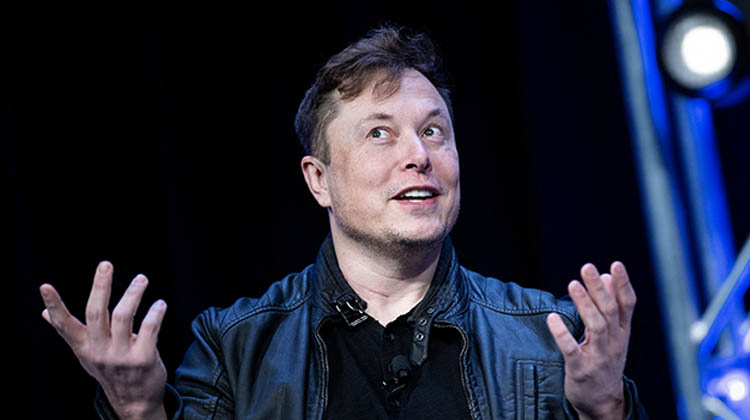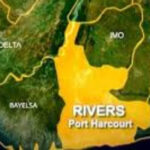
The Elon Musk-owned firm confirmed this in a tweet on Monday, stating that Nigeria was the first African country to enjoy its services.
It tweeted, “Starlink is now available in Nigeria – the first African country to receive service.”
Nigeria is the 47th country in the world to get Starlink Internet services.
Starlink seeks to deliver a global broadband network, using a constellation of Low Earth Orbit to provide high-speed internet coverage with the capacity to penetrate rural and geographically isolated areas.
According to the Nigerian Communications Commission, broadband penetration hit 47.36 per cent as of December 2022. Nigeria hopes to increase its broadband penetration to 50 per cent in 2023 and 90 per cent in 2025.
The ‘Nigerian National Broadband Plan: 2020–2025,’ reads in part, “The new Broadband Plan is designed to deliver data download speeds across Nigeria of a minimum 25Mbps in urban areas, and 10Mbps in rural areas, with effective coverage available to at least 90 per cent of the population by 2025 at a price not more than N390 per 1GB of data (i.e. 2 per cent of median income or 1 per cent of minimum wage).
Recently, the Minister of Communications and Digital Economy, Isa Pantami, stated that the country had achieved 100 per cent broadband coverage following the licensing and operation of Starlink.
He said, “Based on the National Broadband Plan, we were to have 90 per cent broadband coverage by December 2025. However, we recently gave a license to Starlink to provide services, and this has given us 100% coverage, about 3 years ahead of schedule.”
While Starlink has now commenced operations in Nigeria, there are concerns about how its high price will hinder the ability of citizens to access its services.





